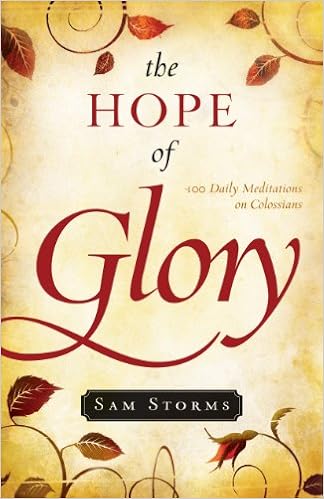Col 2 v 17 (NIV)
17 These are a shadow of the things that were to come; the reality, however, is found in Christ.
 These observances, says Paul, were but a "shadow of the things to come" (v. 17a). The phrase "things to come," of course, is not a reference to what is future to Paul, but what was future to those who lived when the obligation to abide by these holy days was in force (cf. 1 Cor. 5:7–8; Heb. 8:5; 10:1). During the time of the Mosaic covenant they certainly had their place and fulfilled a glorious divine purpose. But that purpose was to point to Christ. They were adumbrations of a greater and more substantive reality that is now present in its fullness in Jesus Christ and all that we have by faith in him.
These observances, says Paul, were but a "shadow of the things to come" (v. 17a). The phrase "things to come," of course, is not a reference to what is future to Paul, but what was future to those who lived when the obligation to abide by these holy days was in force (cf. 1 Cor. 5:7–8; Heb. 8:5; 10:1). During the time of the Mosaic covenant they certainly had their place and fulfilled a glorious divine purpose. But that purpose was to point to Christ. They were adumbrations of a greater and more substantive reality that is now present in its fullness in Jesus Christ and all that we have by faith in him.
That is why Paul exhorts the Colossians (and us) not to let anyone suggest they are sub-Christian if they choose not to celebrate these festivals or observe the regulations associated with them during the time of the old covenant. Everything they symbolized, everything they foreshadowed, everything they were designed to teach and accomplish has now come to full and final fruition in Jesus.
Are Christians free to abstain from certain foods and drink? By all means, yes, so long as they do not impose their choice on others or suggest that others have fallen short of what is acceptable to God.
Are Christians free to observe those religious holy days mentioned in verse 16b? Yes. But not because they think that God, for that reason, now regards them as more holy or more committed or more acceptable than those who do not observe them.
Indeed, if you now have in Christ everything and more than those days were designed to provide, why would you want to observe them? Would not your observance come perilously close to denying that the fulfillment that is in Christ has come? Would not your observance have the potential to undermine enjoyment of who Christ is and what he has accomplished by continually taking you back to the age of shadows and types?
In any case, we would do well to heed Paul's counsel. Beware the legalists! Beware those who pass judgment on spiritual worthiness based on practices and observances that God does not require. What his grace has provided for us in Christ is enough. Period.
Storms, S. (2007). The Hope of Glory: 100 Meditations on Colossians (pp. 194–195). Wheaton, IL: Crossway Books.
Garrett Conner
Senior Pastor- La Plata Baptist Church
9400 Old Stagecoach Rd.
La Plata, MD 20646
The Christian church is one of the most vital facts in the total history of the world. We cannot understand that history without bringing in the story of the church.
- Martyn Lloyd-Jones

Comments